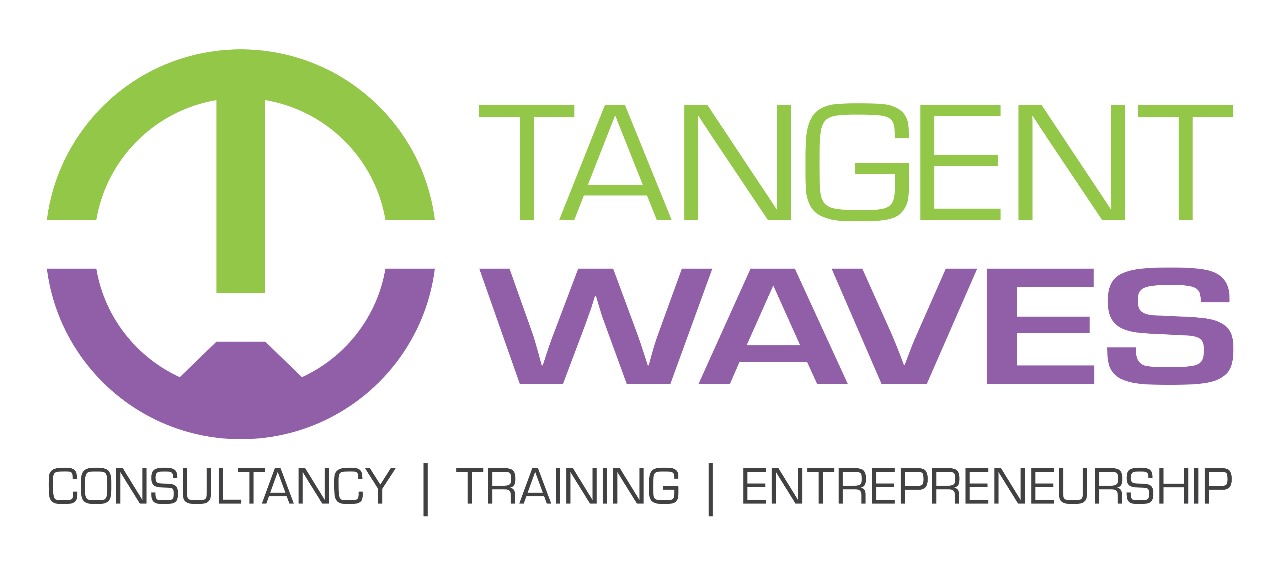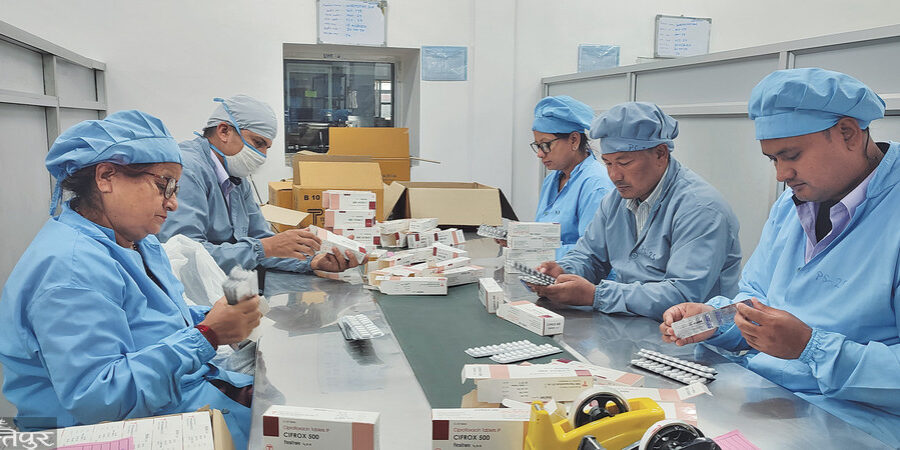Highlights
- Starting with the production of eight types of medicines in 2054, Time Pharma is currently employing 360 people and has a turnover of Rs 1.15 billion annually and has also started exporting medicines to Hong Kong.
Chitwan: Time Pharmaceuticals, a pharmaceutical company, entered the market with eight of its products on November 2, 2054. In the last 28 years, TIME has reached the stage of producing 270 types of medicines. Its initial product is ‘Synex’.
It has become a habit to eat ‘synex’ for patients with cold. The initial period of time, which was successful in expanding the market across the country and making a good impact, was not easy.
G Narayan Bahadur Chhetri, founder chairman and current executive chairman of the company, says that time has been spread due to the problem being resolved. He plans to widen the future size of Time. Time’s team is preparing to become self-reliant in the production of medicines and also to export them.
G Narayan Bahadur of Pyuthan went to Madras, India to study. After completing his bachelor’s degree in commerce from there, he joined the work of market representative. “I started my career as a market representative (MR) of a pharmaceutical company,” Chhetri said. He worked as mr in India for one and a half years and after returning home for 10 years in Kathmandu. Chitwan kept pulling him as he travelled across the country.
“Mr’s job and income are attractive. But while working, I felt that I should not have a job, i should do something on my own,” Chhetri said. Chhetri, who is an MR of an Indian pharmaceutical company, was advised by many friends, “Let’s import medicines there and do business on our own.” But he decided to open a pharmaceutical industry.
“At that time, private pharmaceutical companies in Nepal could be counted on the finger. There were several government pharmaceutical companies. Imported medicines accounted for almost a large part of the demand here. Seeing that, the idea was to open an industry and not an import-based business,” Chhetri said.
Seeing the demand, he came to the conclusion of opening a pharmaceutical industry. His job increased his experience of medicine. And if the industry was kept in the center of the country, chitwan came down thinking that it would be easier to go around. In search of land, he reached Mukundapur Bhainsakhori in Nawalparasi, 13 km west of Narayangadh Bazaar, some distance away from Chitwan. At present, this place is located in Gaindakot Municipality-10. It was not easy to buy land in 2053 and open an industry.
It was difficult to raise capital. Chhetri said he had invested Rs 11 million to set up the industry at that time. At that time, The Nepal Industrial Development Corporation (NIDC) gave a loan of Rs 5.4 million. A total of seven partners, including two from Chitwan, raised an additional Rs 5.4 million.
“We bought land and started production with building equipment. But in the first three or four years, we had difficulty in terms of operating expenses. It was time for banks not to trust new entrepreneurs,” Chhetri said.
He said that it is becoming easier as the medicines that have gone to the market have won the trust. Chhetri claimed that there was no compromise on quality and standards. He said that he has been following the Good Manufacturing Practice (GMP) of the World Health Organization (WHO).
He said that the company got GMP recognition 20 years ago. The company continued to increase the number of medicines, consumers continued to support them.
“We have started production from general medicines. Now medicines including heart and diabetes are produced. In addition to tablets, we produce ointments, syrups, drops and dry syrups,” chhetri, who is also the company’s executive chairman, said. He said that apart from syringes and vaccines, many types of medicines needed in Nepal will be produced.
In the meantime, not only time, but the Nepali pharmaceutical production sector has also expanded. Time started working when there were no pharmaceutical industries in Chitwan, Nawalpur area. At present, there are 14 pharmaceutical industries in the region. There are around 80 pharmaceutical industries across the country.
According to him, the capacity of Nepali pharmaceutical industries can meet the demand to a great extent. But Nepali industries have not been able to run according to their capacity. “If the government provides policy support, the pharmaceutical companies of Nepal are capable of producing many types of medicines here. They have built that ability. There is no need to import medicines other than vaccines and some special cancer drugs,” Chhetri said.
He became the joint secretary, general secretary, vice-president and senior vice-president of the Nepali Pharmaceutical Manufacturers Association in 2020. Nepal still imports 50 per cent of medicines.
“Our demand is that whatever medicines are produced in Nepal, we should not import it and let the industry produce it here. If this happens, imports will decrease and the industries here will continue to produce according to their capacity. It will benefit the country,” he said. Industry will boost the economy, increase employment and strengthen domestic income, he said.
He said that the national policy to promote the domestic industry would inspire the industrialists as well. He also wants Nepal to adopt the same policy in drug production as Bangladesh has adopted the same policy in drug production. He suggested that the department of drug management, the regulatory body, should be made agile.
Raw materials, machine tools and packaging materials should be imported. “Pharmaceutical industrialists suffer if they do not pay heed to the import policy. The government should take care of this. It is necessary to discourage the import of ready-made medicines and also think that the import policy of raw materials should not affect the industry,” he said.
He also said that the industrialists are facing losses due to lack of timely policy on pricing. “Nepali pharmaceutical industries have helped well to meet the demand during the corona crisis. The government knows that these are the industries that are needed in the crisis. Therefore, the government had to take steps to protect the domestic industry,” Chhetri said.
He said that although there are many challenges, they are not desperate. With the production of Time Pharma reaching the country, employment has increased rapidly. Initially, 25 people were employed, now there are 360. “In the initial years, medicines worth Rs 8 million were sold. Last year, the transaction amounted to Rs 1.15 billion. This includes the support of many, the trust of consumers and our patience, dedication and hard work,” Chhetri said.
Industry partners reached out to 43. Currently, Time Pharmaceuticals has become a public limited company. Chhetri said that they are preparing to issue the IPO soon. Time has started exporting some amount of medicines during this period. He said that the medicine has been sent to Hong Kong and the quantity will increase.
Time Pharma’s group is preparing to make medicines from Nepali herbs chutro and lothasala, he added. Tonic and diabetes medicines are produced from chutro and cancer drugs are produced from lothasala. Preparations are underway to produce raw materials of medicines, he said.
“We are doing something new. We will also bring our products to the market in the coming days to send a message that Nepal is capable of doing such work. We will contribute to make the country self-reliant in medicines,” Chhetri said. He appealed to the consumers to give priority to domestic products as the wrong thing that Nepali medicines are not effective has spread in the market and all sides should work to break it and nepali products are quality.
Source: ekantipur


